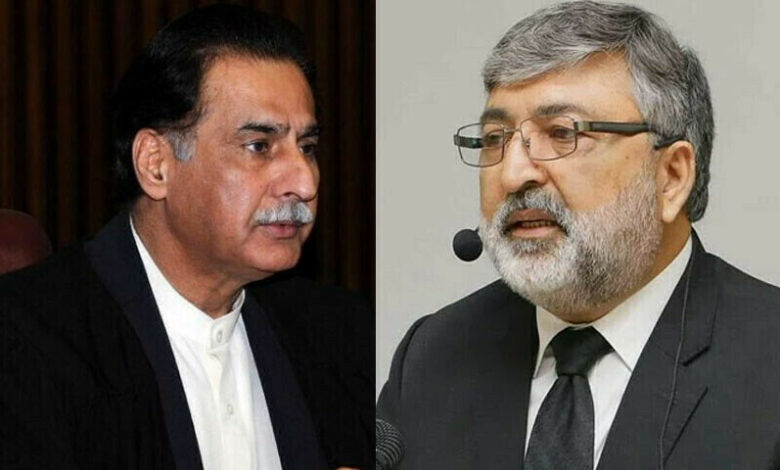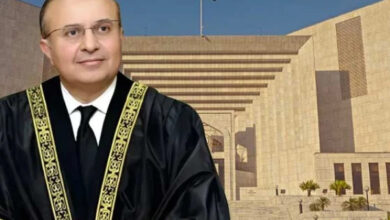Kamran Murtaza Writes to Speaker National Assembly, Requests Copy of President’s Objections on Religious Schools Registration Bill

Islamabad: Senator Kamran Murtaza, the legal advisor of the Jamiat Ulema-e-Islam-Fazl (JUI-F), has written a letter to the Speaker of the National Assembly, Asad Qaiser, requesting a copy of the objections raised by President Asif Ali Zardari on the Societies Registration (Amendment) Bill, 2024.
In his letter, Senator Murtaza specifically asked for the copies of the objections raised by the President and also requested information on the steps taken by the Speaker to address these concerns.
The bill, which seeks to establish the registration of religious seminaries (madrasas) in Pakistan, was presented in the Senate in October 2024. However, President Zardari refused to sign the bill, citing concerns regarding the registration of madrasas, and raised several objections.
Key Provisions of the Bill:
The Societies Registration (Amendment) Act, 2024 introduces significant changes to the existing Societies Registration Act, 1860, particularly focusing on the registration of religious schools. Key provisions of the bill include:
Mandatory Registration: All religious seminaries, regardless of their name, will be required to register with the government. Schools operating without registration will be shut down.
Deadline for Registration: Religious schools established before the enactment of this law will have six months to register, while new schools will have one year.
Annual Reports: Each madrasa will be required to submit an annual report of its educational activities to the Registrar.
Audit Requirement: Madrasas will be required to have their financial accounts audited by a certified auditor and submit the report to the Registrar.
Restrictions on Content: No madrasa will be allowed to teach or publish literature promoting extremism, sectarianism, or religious hatred. However, comparative studies of different religions or Islamic law are not banned.
Incorporation of Modern Subjects: Madrasas will be required to gradually incorporate modern subjects into their curriculum, in line with their available resources.
No Additional Registration: Once registered under this new law, a madrasa will not need to register under any other law.
This bill has sparked a debate over the regulation of religious institutions and their role in the country’s education system, with critics arguing that it could stifle religious freedom, while supporters claim it is necessary for oversight and accountability.
The Speaker of the National Assembly is expected to respond to Senator Murtaza’s request and provide clarity on the steps taken to resolve the President’s objections.






